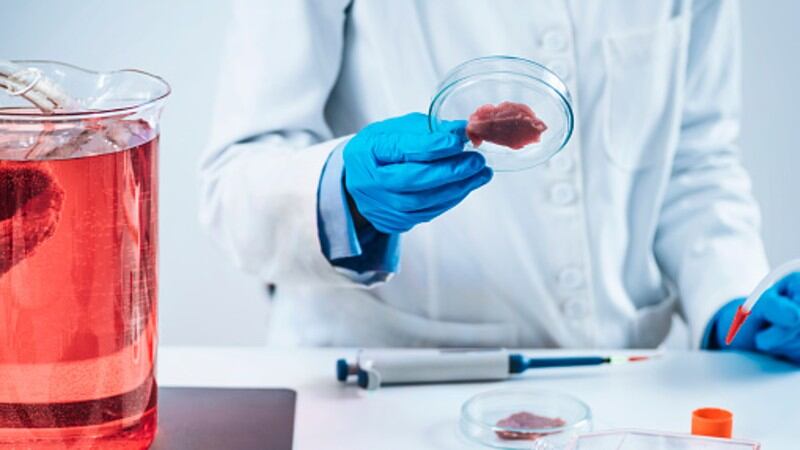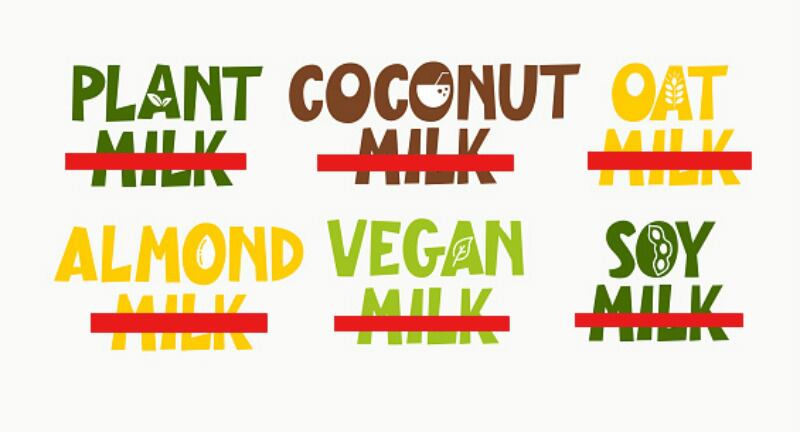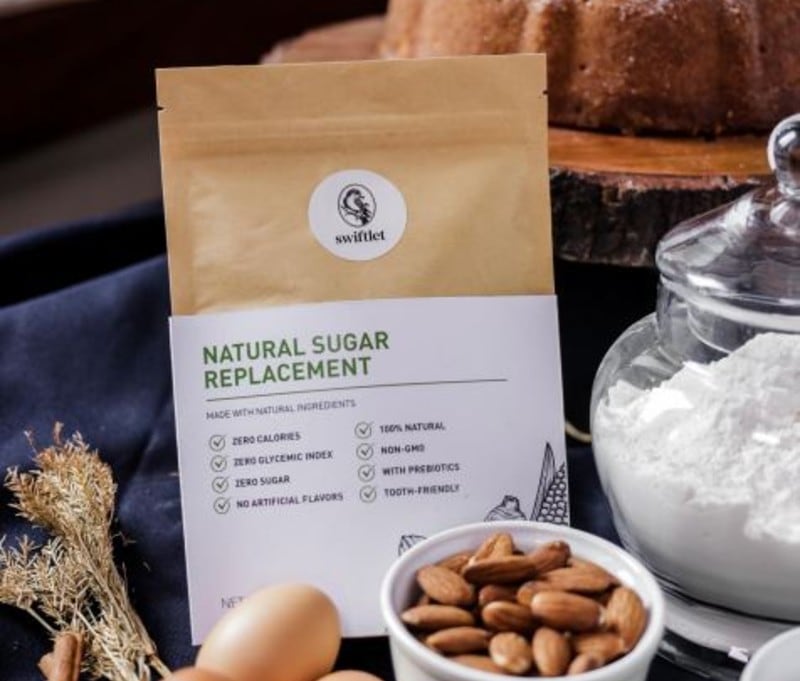According to Myoworks’ Director Shubhankar Takle, the firm aims to fill a major gap in the cell-based meat industry with their scaffolding technology.
“Within the cell-based meat industry, most things can generally be bought off the shelf like cell lines, media, equipment like incubators and so on – but there is a gap when it comes to scaffolding,” he told FoodNavigator-Asia.
“All scaffolding available currently is either really expensive as they’re made from synthetic peptides, or made from animal-derived products like collagen which really defeats the purpose of cell-based meat in the first place as it would again involve ethical issues like animal slaughter.
“So that’s where we want to come in, by creating a vegan, edible and scalable scaffolding for cell-based meat to supply to firms in this space, so that they can save cost and time on R&D in this area, develop their products quicker and focus on important things like final product marketability, affordability, commercialisation and so on.”
When asked about the market potential for such a product, given the newness of the cell-based segment and that many existing companies in this space are also working on their own scaffolding, Takle said that the aim was mainly to work with newer entrants to the space who want to cut down on product development time.
“Scaffolding development is a pretty major barrier, really a full time project on its own - There are existing companies that already have their own established R&D and scaffolding, but there are many new entrants in this space that are start-ups with limited resources and personnel, so having an off-the-shelf option available to them would have more pros than cons,” he said.
“Looking at the way the market is growing, we are confident that the number of cell-based companies are steadily increasing, each with their own unique selling points and all of them will want to get to a minimum viable product (MVP) and get to scale as soon as possible.
“No other industry really develops their own ancillary products. Look at poultry for instance, the farmer raises the chickens but really feed comes from another person, warehousing another person, cooling systems another person and so on – so in any mature industry, it really makes sense to diversify the sources of these ancillary products and save costs along the way.”
Although he remained coy on the actual scaffolding components as the team has not yet attained IP protection, he described these as ‘animal protein analogues that come from plant-derived proteins or the fungal kingdom’.
Although based in India, Myoworks aims to supply scaffolding for cell-based companies around the world, wherever the demand exists.
Cell-based meat in India
Takle also believes that Indian consumers will be receptive to cell-based once it is commercialized as the country already has one of the most vegetarians worldwide.
“40% of India is vegetarian – that’s a huge number, and many of these consumers are aware about the effects of meat, which is why they have opted for this diet,” he said.
“But if we can get cell-based products edible and scalable, and offer them the chance to eat meat and have access to high-quality protein without the ethical dilemma involved, I’m confident there will be many takers for this.”
That’s not to say it will be smooth sailing ahead though – he added that access to facilities and equipment remains a challenge for much of the cell-based start-ups, and there remains a lot to be done in terms of marketing and regulations.
“Marketing will be key to accessing the mainstream market, and regulatory approvals are currently still a bit of a black box – we need to see how this pans out both in India and worldwide,” said Takle.
“That said, I do believe that the use case and benefits here are very strong so as long as no major negative effects pop up, everything should work out. There have been multiple cases of people trying cell-based meat already, so I also feel that we’re in a good place.”
Moving forward
Myoworks recently found new headquarters within the prestigious Indian Institute of Technology (IIT) Bombay as part of the Society for Innovation and Entrepreneurship (SINE) incubator, and also received an INR5mn (~US$67,314) grant from the Indian government, which will be used for R&D. With these, Takle anticipates that the scaffolding should be ready within 18 months.
“This is not just foolish optimism – we’ve already seen some pretty promising results so I’d say within 18 months from now we should be able to sell this as maybe a scaffolding kit or scaffolding solution, at the very least for research purposes,” he said.
“By end-2021, then we’ll start thinking about further product creation and commercialisation.”





